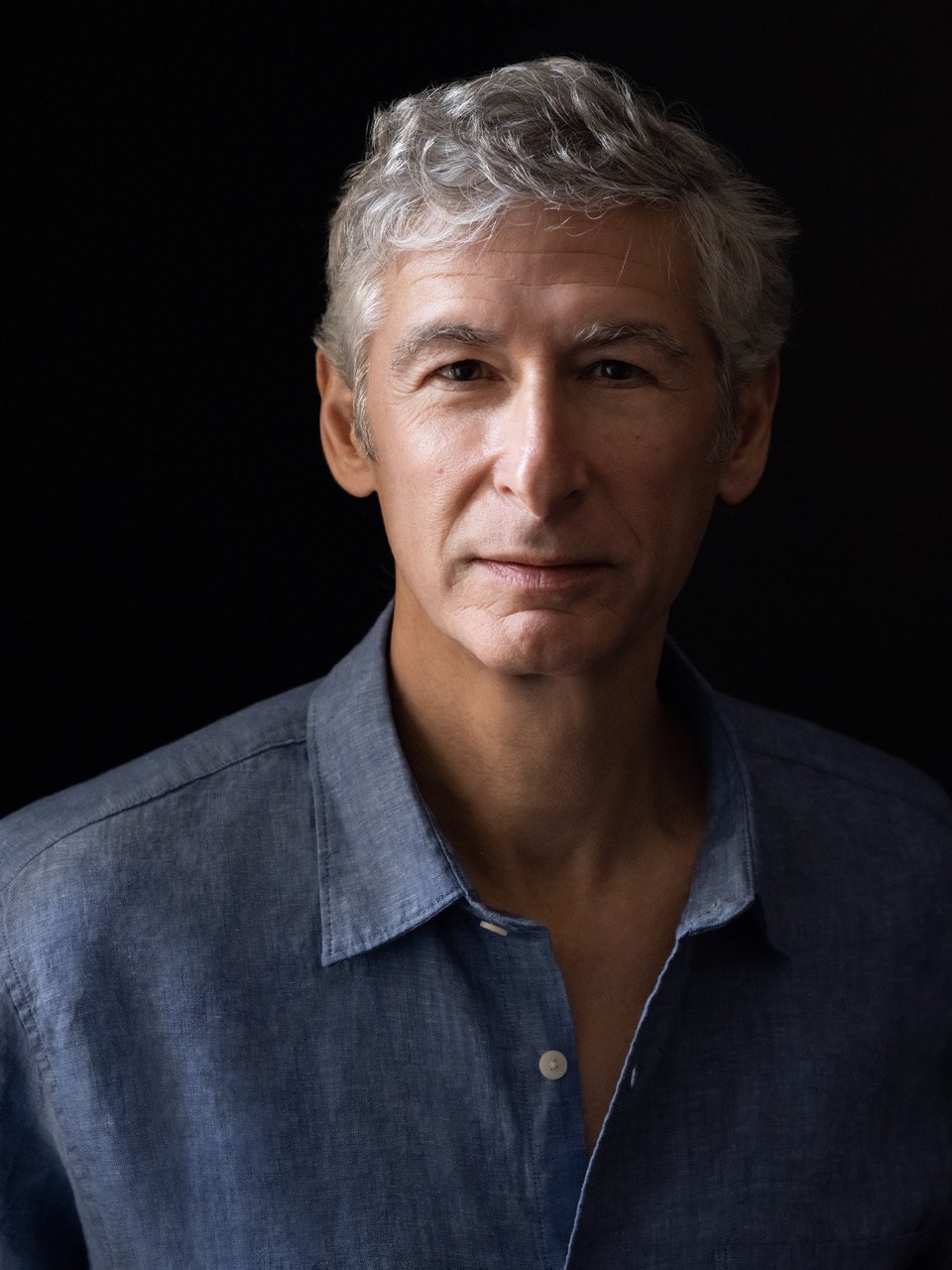Diving Into the Deep End with Author James Sturz
There are so many books and authors we’re stoked about for this year’s Authors Night from the East Hampton Library at Herrick Park this Saturday, August 12, from 5 to 7:30 p.m., it’s impossible to know where to begin, or which book to crack open first. But one novel that’s standing out for us — as much for how unusual its setting is, as how familiar it is to our water-rimmed surroundings — is the just-released Underjungle (Unnamed Press, August 2023) by journalist and water-obsessed wader into the realm of fiction, James Sturz. As a journalist and native New Yorker, Sturz has covered the East End but this is the first time the tables have turned on him, as an answerer of questions instead of the one doing the asking. And he had some really fascinating things to say…
Southforker: Let’s just start with – where did this come from?
James Sturz: I put everything I had inside me into this book—it’s a story of love and heartache, and of grief, hope, and fear. But what I didn’t find inside me, I found in the ocean, where all of us are from. Maybe that makes the ocean the source of all emotions, too. If my novel is about what lurks inside us, we know that most of that is water. We’re 78 percent water when we’re born. So Underjungle’s also a book about the water. What it’s like to live in liquid, in a thick and cohesive realm, where everything you know and need—whether it’s minerals, food, mates, oxygen, songs, or ideas—would surround you, caress you and engulf you, until you were part of their surge and saturation, too.
SF: Elevator pitch: how do I tell someone about your book in one paragraph or less?!
JS: I like to say Underjungle’s a tale of love, loss, family, and war—set entirely underwater. So War and Peace, but three-thousand feet deeper. And considerably shorter. And maybe a little funnier, too. But beyond this, it’s the story of a sentient ocean species who discover a sunken corpse, the effect the discovery has on their civilization, and the questions it raises about their world and ours. And naturally it’s also about the ocean—not just what it is, but what it’s like.
Read the full interview in Southforker here.
